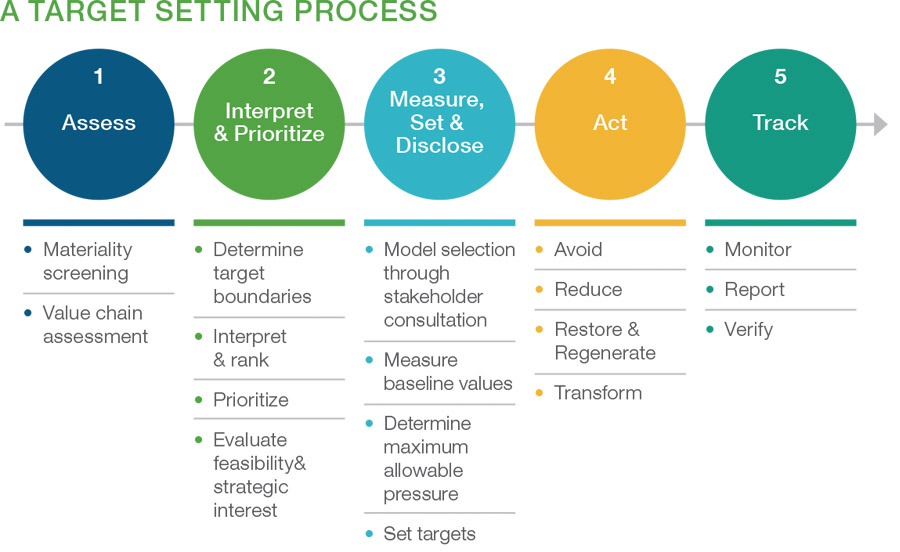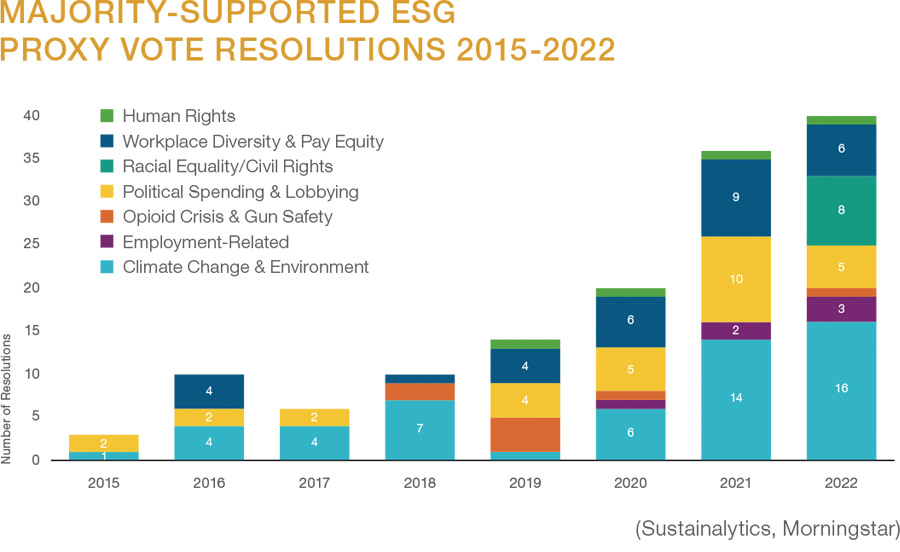Global ESG consulting firm AccountAbility has released its annual report on the top sustainability trends. A round-up of the seven trends expected to reign in 2023 and beyond.
Navigating the net zero landscape
The challenge of climate change presents serious risks for businesses that do not take action, but also remarkable opportunities for companies that establish themselves as leaders in sustainability.
While an unprecedented number of climate pledges and net zero targets have been set, many companies have not yet developed credible strategies or milestones to achieve their climate goals, leading stakeholders to demand relevance, clarity, and accountability.

Geopolitics: the new ‘G’ In ESG
In today’s interconnected world, geopolitics plays a vital role in ESG frameworks, with businesses increasingly forced to assess risks and uncertainties. Global businesses are still grappling with the impact of ongoing conflicts and disruptions to supply chains, highlighting the need for companies to address geopolitical risks and avoid disruptions.
Stakeholder activism is getting louder
Businesses are under growing pressure from consumers, employees, and investors to take action on a wide range of ESG issues such as climate change and workers’ rights. They are increasingly being challenged with balancing shareholder value, on the one hand, and addressing these important ESG concerns on the other.

Building an effective, future-focused board
Corporate boards play a crucial role in a setting organization’s culture and exemplifying company values. With the evolving mandate of boards, directors need to be equipped to lead on a wide range of environmental, social, and governance issues, while also addressing the need for diversity within the boardroom to effectively tackle 21st-century challenges.
Next generation ESG disclosure and reporting
ESG reporting and disclosure have become essential for businesses as mandatory requirements for disclosing ESG performance. Plans are being implemented in major markets like the European Union, the United Kingdom, and the United States, aiming to provide stakeholders with a clearer understanding of the material impacts of companies’ ESG initiatives.
The road to a sustainable value chain
Organizations must take a holistic approach to achieving a more sustainable supply chain, incorporating ESG principles that build resilience and economic viability. In a survey, 51% reported having a sustainable procurement policy, up from 38% in two years ago.
Nature based assets will drive valuations
Nature-based assets are increasingly seen as important to companies: around 44% of all economic value – more than half of the global GDP – is moderately or highly dependent on ecosystems. Companies will need to place more attention on sustainable use of assets like raw materials and environments that their businesses rely on.
Commenting on the trends, Sunil Misser, CEO of AccountAbility, said: “Consumers and society, as a whole, are expecting more (and different) from business – in an atmosphere of low trust and high expectations.”
“Today, the sustainability agenda is central to business competitiveness. Leaders recognize the financial imperatives of moving to a more sustainable economy and the business potential this presents. With our Sustainability Trends report, we enable organizations to navigate the fast-changing ESG landscape and focus on the meaningful trends that are shaping the business agenda.

